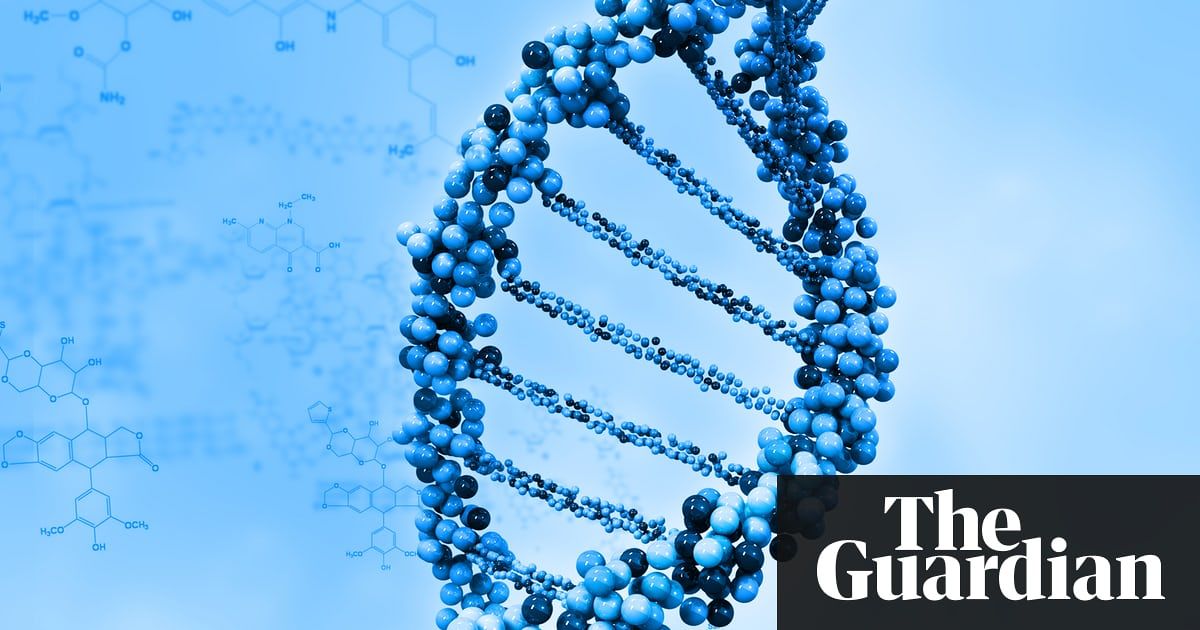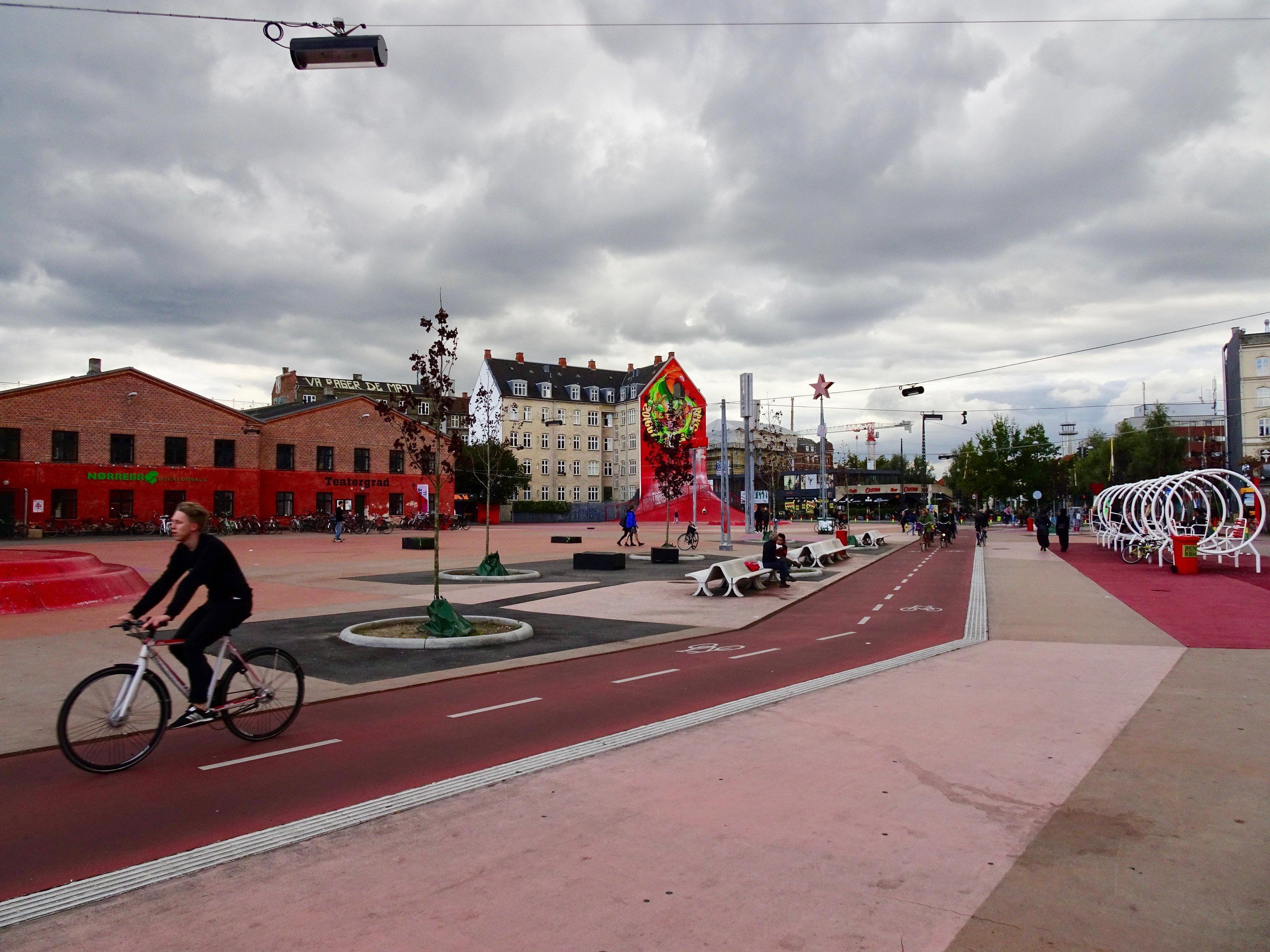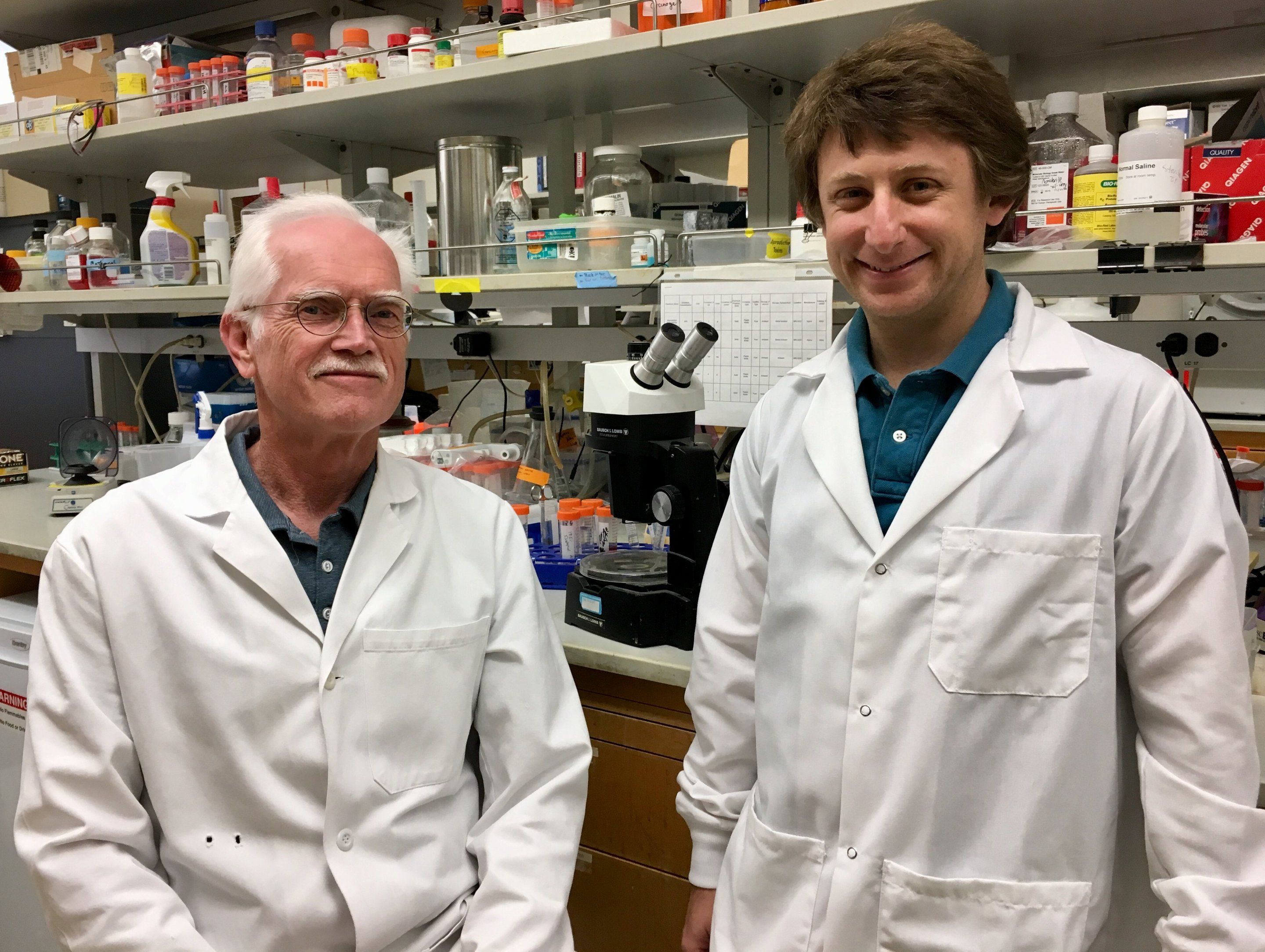May 2, 2018
Experimental Lung Treatment Could Make Breathing Easier
Posted by Genevieve Klien in category: innovation
An engineer in California has an invention that she hopes will someday help people with damaged lungs breathe easier.
Stanford University’s Annelise Baron has developed a synthetic version of something called lung surfactant. Lung surfactant coats the tiny air sacs in the lung. Without it, every breath would be a struggle, like blowing up millions of little balloons. With surfactant, breathing is as easy as blowing soap bubbles.
Scientists inferred the existence of lung surfactant in the 1950s, and then Dr. Mary Ellen Avery showed that premature infants were unable to make surfactant, explaining the often fatal respiratory distress syndrome they suffered from.
Continue reading “Experimental Lung Treatment Could Make Breathing Easier” »


















